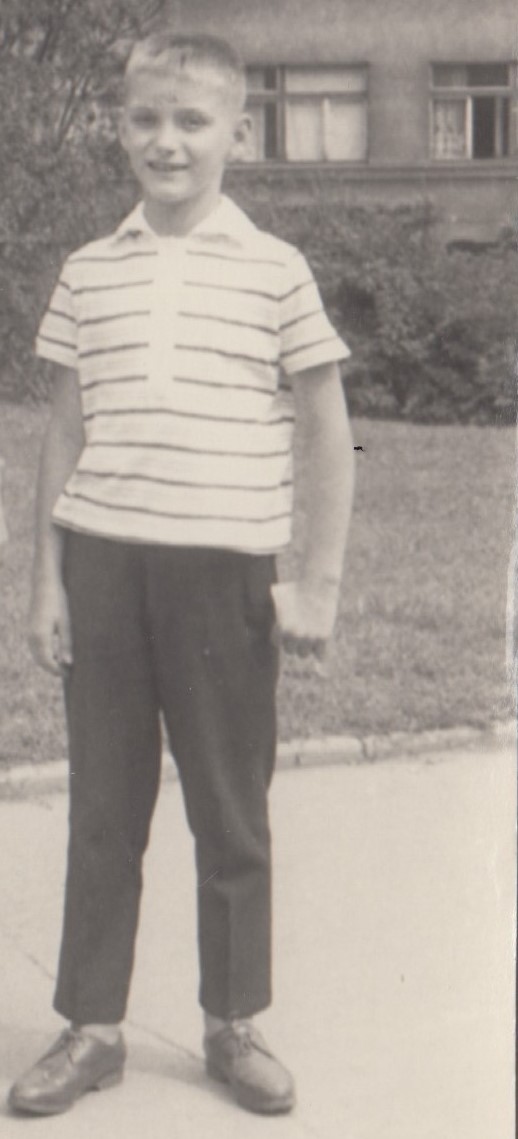Grandfather fought against the Nazis, father against the Communists

Stáhnout obrázek
Petr Pokorný was born on 14 September 1954 in Brno to parents Zdeněk and Anna, née Hajdová. His grandfather, Čeněk Hajda, was a prominent First Republic army officer who fought in the ranks of the Czechoslovak legions in Russia during World War I. During World War II, he joined the anti-Nazi resistance within the Defence of the Nation organisation, for which he was arrested and sentenced. He died in 1944 in a German prison. His father, Zdeněk Pokorný, was expelled from his university studies in the early 1950s for political reasons and sent to the Auxiliary Technical Battalions (PTP). In the 1960s he completed his university education and worked as a designer and structural engineer. In 1968 he became politically involved in the Czechoslovak Socialist Party (CSU) and supported the Prague Spring. With the onset of normalisation, he was expelled from the party, subsequently arrested and in 1972 sentenced to four years in prison in the trial of Milan Šilhan and Co. After his release, he was allowed to work only in blue-collar professions. After the Velvet Revolution he was fully rehabilitated. Due to his father‘s imprisonment, the witness could not continue his studies after graduating from high school. He first worked at the ČSAD, then as a construction worker, and later became a bricklayer, a profession he followed until his retirement. He is married and he and his wife raised a daughter. In 2023, Petr Pokorný lived in Brno-Líšeň.



